
Discover the Kigali Genocide Memorial Archive of Rwanda: A Journey Through History
Explore the Kigali Genocide Memorial Archive, a powerful site dedicated to remembrance and education about Rwanda's tragic past.
The Kigali Genocide Memorial Archive is an essential visit for those seeking to understand Rwanda's tragic past. This memorial serves as a poignant reminder of the 1994 genocide and honors the victims while educating visitors about the events leading up to it. Through exhibits, photographs, and personal stories, tourists can gain a profound insight into the impact of this dark chapter in history, making it a deeply moving experience.
A brief summary to Kigali Genocide Memorial Archive of Rwanda
- KG 802 St, Kigali, Kumukenke, RW
- +250784651051
- Visit website
Local tips
- Plan your visit during the weekday for a quieter experience, as weekends can be busier with local visitors.
- Consider joining a guided tour to gain deeper insights into the exhibits and personal stories.
- Take your time as you explore; there are many moving stories that deserve reflection.
- Check the memorial's website for any special events or exhibitions during your visit.
Getting There
-
Car
If you're driving from Southern Province, head north towards Kigali. Use the RN1 road which connects the Southern Province to the capital city. This route will take approximately 1.5 to 2 hours, depending on traffic. Once you enter Kigali, follow signs towards the city center and then to KG 802 St. The memorial is located on KG 802 St, Kumukenke. Parking is available nearby, but ensure you check for any parking fees.
-
Public Transportation (Bus)
To reach the Kigali Genocide Memorial Archive from Southern Province by public transport, take a bus from the nearest bus station in Southern Province to Kigali. Buses are frequent and the journey takes about 2 to 3 hours. Once you arrive at the Nyabugogo bus station in Kigali, you can take a moto-taxi or a local taxi to KG 802 St. Be sure to negotiate the fare before starting your ride. Expect to pay around 1,000 to 2,000 RWF for the moto-taxi.
-
Moto-Taxi
If you are already in Kigali and need a quick way to reach the memorial, consider using a moto-taxi. From any central location in Kigali, simply ask the rider to take you to KG 802 St, Kumukenke. The fare usually ranges from 1,000 to 3,000 RWF based on distance, so confirm the price before your journey. Be sure to wear a helmet for safety.
-
Walking (from local accommodation)
If you are staying in a nearby accommodation in Kigali, you can also walk to the Kigali Genocide Memorial. The location is well-signposted, and the walk can be pleasant, allowing you to experience the local environment. Ensure you have a map or GPS on your phone for navigation. It's advisable to check the distance and time required to walk, as it may take around 30 minutes to 1 hour depending on your starting point.
Discover more about Kigali Genocide Memorial Archive of Rwanda
Iconic landmarks you can’t miss
Kigali Genocide Memorial Archive of Rwanda
0.0 km
Explore the Kigali Genocide Memorial Archive: A profound testament to resilience and the enduring spirit of the Rwandan people.
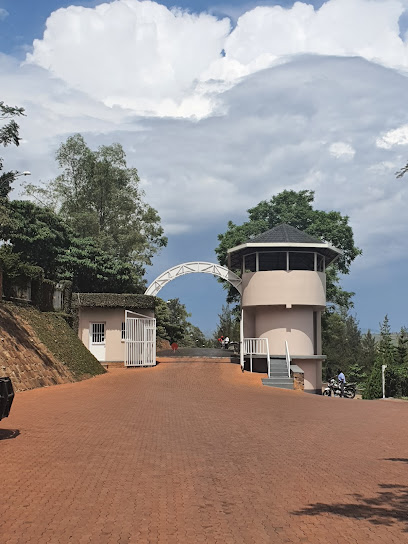
Umg-Ubudasa Music Group
0.9 km
Experience the heart of Kigali's music scene at Umg-Ubudasa Music Group, a vibrant recording studio celebrating Rwandan artistry and creativity.

Rwandan Music
0.9 km
Explore the vibrant sounds of Rwandan music in the heart of Kigali, where traditional rhythms meet contemporary beats for an unforgettable experience.

ULK Stadium
1.1 km
Discover the excitement of sports and culture at ULK Stadium, Kigali's vibrant venue for local events and community gatherings.
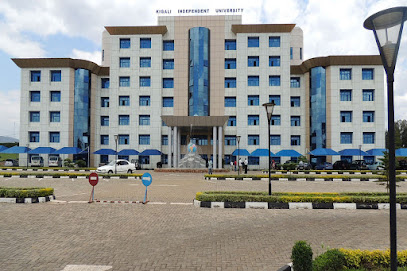
IGIHE
1.2 km
Explore IGIHE in Kigali, a vibrant media hub reflecting Rwanda's rich culture and contemporary narratives, perfect for tourists seeking local insights.
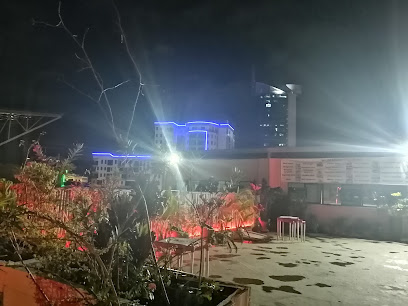
Umuryango.rw
1.4 km
Discover the heart of Rwandan media at Umuryango.rw, where local news and culture come alive in the vibrant city of Kigali.
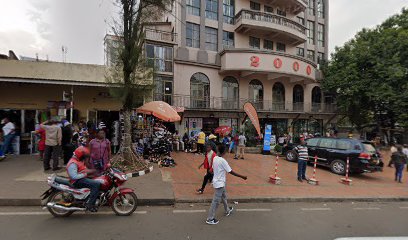
The Last Pharaohs Ink
1.4 km
Explore the vibrant art of tattooing at The Last Pharaohs Ink, Kigali's top destination for personalized body art and creative expression.

Century Cinema
1.4 km
Discover Kigali's vibrant film culture at Century Cinema, where modern technology meets comfort for unforgettable cinematic experiences.

Golden Rwanda Safaris Ltd
1.4 km
Discover the breathtaking beauty of Rwanda with Golden Rwanda Safaris Ltd – your expert travel partner for unforgettable safari adventures.

Kigali City Market
1.4 km
Discover the vibrant Kigali City Market, a cultural hub offering fresh produce, local delicacies, and unique crafts in the heart of Rwanda.
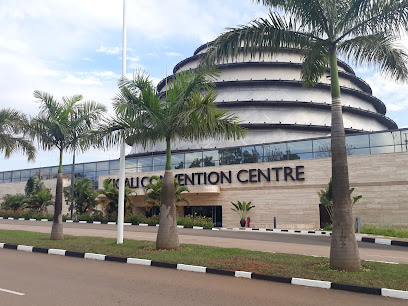
Capital of Rawanda
1.5 km
Discover Kigali, Rwanda's capital, where rich history meets vibrant culture in a clean and welcoming city surrounded by stunning hills.

Kigali,Rwanda
1.5 km
Explore Kigali, Rwanda's breathtaking capital, known for its vibrant culture, rich history, and stunning landscapes, perfect for any traveler seeking adventure.

Kigali City Main Roundabout ( Centre ville Rond point )
1.5 km
Explore the vibrant heart of Kigali at the Main Roundabout, a historical landmark surrounded by culture, shops, and local cuisine.
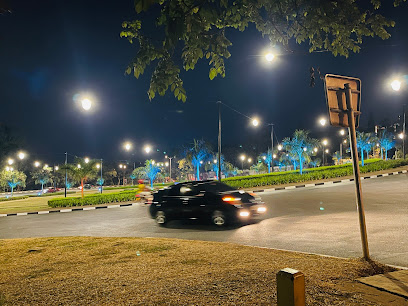
Centre Saint-Paul
1.5 km
Discover the vibrant atmosphere of Centre Saint-Paul, Kigali's premier conference center, where culture and connectivity meet.

Silverbird Tours
1.6 km
Explore the beauty of Kigali and beyond with Silverbird Tours, your trusted partner for unforgettable travel experiences in Rwanda.

Unmissable attractions to see
Cultural Green square Park
0.6 km
Explore the beauty and tranquility of Cultural Green Square Park in Kigali, a perfect blend of nature and culture for every traveler.
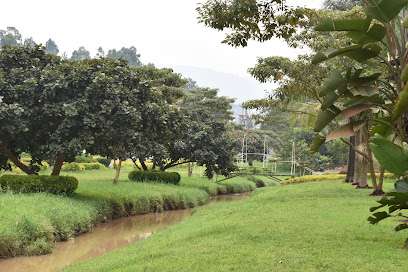
Romantic Garden
0.8 km
Discover the enchanting beauty of Kigali's Romantic Garden, a serene and picturesque venue perfect for couples and nature lovers alike.
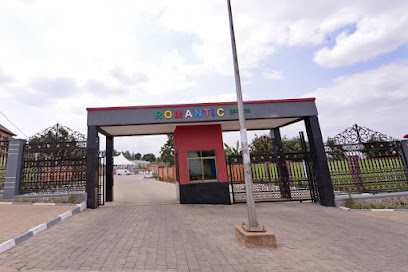
Gigi's Garden
0.9 km
Discover tranquility in the heart of Kigali at Gigi's Garden, a lush haven perfect for relaxation and exploration of Rwanda's vibrant flora.

Kigali City Tower (Sagastein)
1.4 km
Discover the stunning Kigali City Tower, a symbol of modern Rwanda with breathtaking views and vibrant local culture.
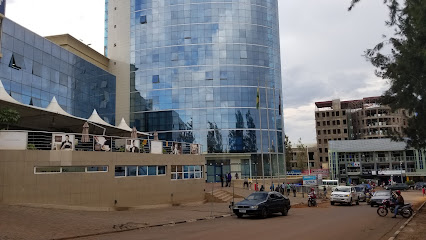
Kigali Pottery Collections, New store Kacyiru
1.4 km
Explore unique handcrafted pottery and artisan creations at Kigali Pottery Collections, a must-visit shopping destination in Kigali, Rwanda.
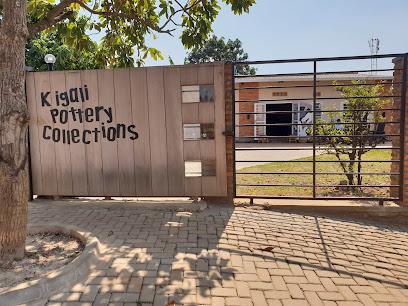
Ayiafrica
1.5 km
Explore the rich culture and breathtaking landscapes of Ayiafrica, a must-visit tourist attraction in the heart of Kigali.

TRIPTRIP
1.5 km
Experience the vibrant culture and spirit of Rwanda at TRIPTRIP, a unique tourist attraction in the heart of Kigali.

Mount bumbogo
1.5 km
Explore the breathtaking views and diverse trails of Mount Bumbogo, a serene hiking destination in Kigali, Rwanda, perfect for nature lovers.
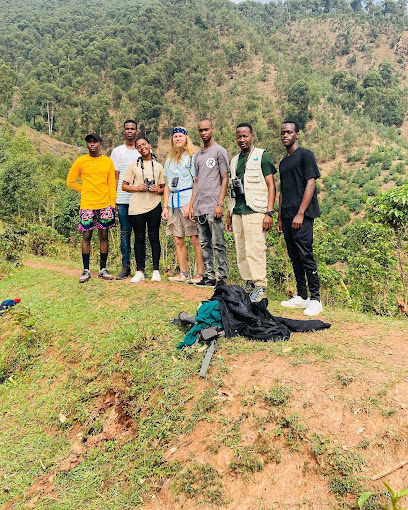
Nshuti Safaris & Tours
1.5 km
Discover the breathtaking wildlife of Rwanda at Nshuti Safaris & Tours, where adventure meets conservation in an unforgettable experience.

Car Free Zone
1.5 km
Experience the vibrant atmosphere of Kigali's Car Free Zone, a pedestrian-friendly oasis filled with art, culture, and culinary delights.
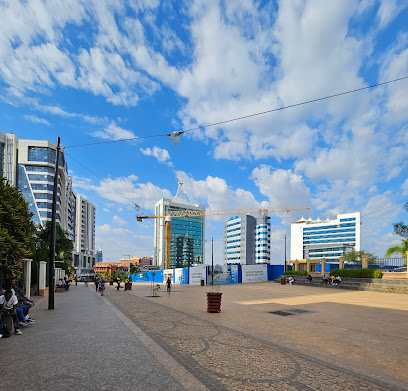
Nyamyumba Hot Springs
1.5 km
Experience the rejuvenating powers of Nyamyumba Hot Springs, a natural oasis in Rwanda's stunning Rubavu region, perfect for relaxation and adventure.

Coffee Eden Park
1.5 km
Discover the tranquility of Coffee Eden Park in Kigali, a serene oasis perfect for relaxation, nature walks, and enjoying the best of Rwanda's coffee culture.
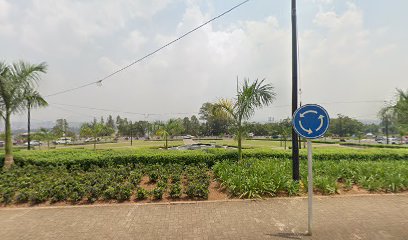
Kiyovu town roundabout
1.5 km
Explore the vibrant atmosphere and local culture at Kiyovu Town Roundabout, the heart of Kigali's bustling life.
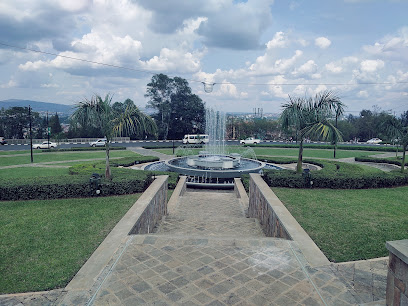
Kigali City Tower
1.5 km
Visit Kigali City Tower for stunning views, vibrant shopping, and a taste of modern Rwandan culture in the heart of Kigali.
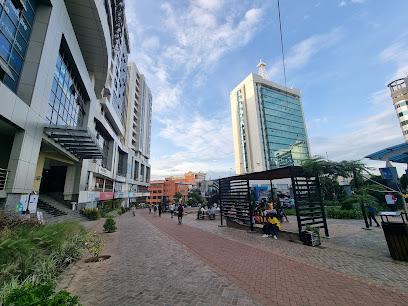
Kabgayi Genocide Memorial Site
1.5 km
Explore the Kabgayi Genocide Memorial Site in Kigali, a poignant tribute to resilience and remembrance, reflecting on Rwanda's history and hope for the future.
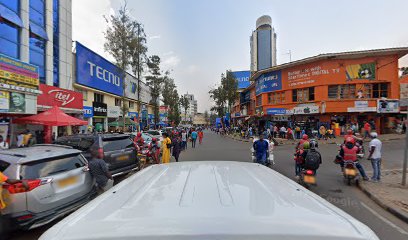
Essential places to dine
Mama chantal
0.7 km
Discover the essence of Rwandan flavors at Mama Chantal in Kigali - where every meal is a journey into local tradition.

Chic Cafe Resto
0.9 km
Discover exquisite flavors at Chic Cafe Resto in Kigali—where local ingredients meet culinary creativity for an unforgettable dining experience.

Pharaonic Restaurant & Bar
0.9 km
Experience authentic Rwandan flavors at Pharaonic Restaurant & Bar in Kigali - where culinary traditions meet modern tastes.

Mattina Restaurant
0.9 km
Discover exquisite flavors and warm hospitality at Mattina Restaurant in Kigali - a culinary gem offering local and international delights.

Ikawakafe
0.9 km
Discover authentic Rwandan flavors blended with international cuisine at Ikawakafe in Kigali - A culinary haven for every traveler.

Utamu Restaurant (Shukurani)
0.9 km
Experience authentic Rwandan cuisine at Utamu Restaurant in Kigali—where local flavors meet warm hospitality.

Chez Kiruhura
1.0 km
Discover the authentic taste of Rwanda at Chez Kiruhura - a grill restaurant in Kigali serving delicious local cuisine in a vibrant setting.

The Sisters ULK
1.0 km
Savor authentic Rwandan cuisine at The Sisters ULK in Kigali – a must-visit dining destination for every traveler.

Alam Grill House
1.2 km
Experience the rich flavors of authentic Pakistani cuisine at Alam Grill House in Kigali - where every dish tells a story.

New City Valley Restaurant
1.2 km
Experience the rich flavors of Rwandan cuisine at New City Valley Restaurant in Kigali - A must-visit for food enthusiasts.

Oxygene
1.2 km
Experience the best of Rwandan cuisine at Oxygene in Kigali - where tradition meets modern dining.
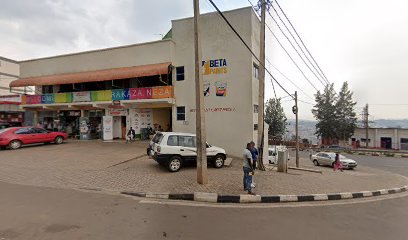
+250
1.2 km
Experience authentic Rwandan cuisine at this charming restaurant in Kk509st, where every meal is a celebration of local flavors and culture.
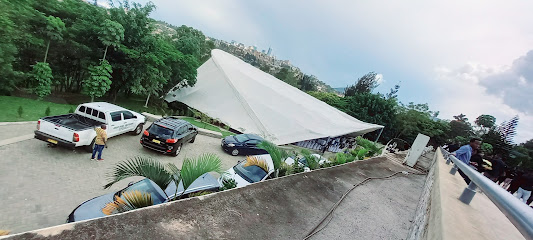
UMUT Cafe & Restaurant
1.3 km
Discover the flavors of Rwanda at UMUT Cafe & Restaurant – where culinary creativity meets local charm in the heart of Kigali.
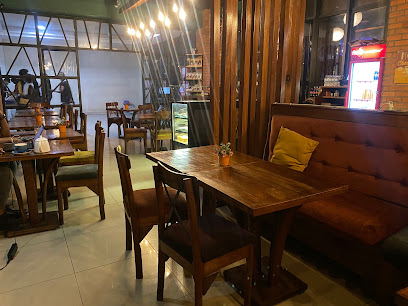
Honey Restaurant
1.3 km
Discover the vibrant flavors of Rwanda at Honey Restaurant in Kigali - where local meets international cuisine in a warm atmosphere.
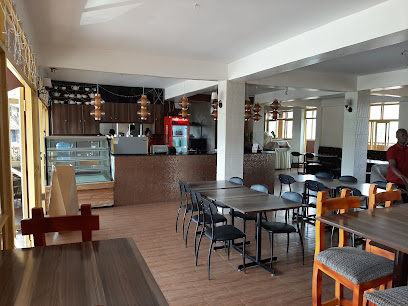
Kigali Fast Food
1.4 km
Discover Kigali Fast Food: A vibrant restaurant offering local Rwandan dishes and international favorites in the heart of Kigali.
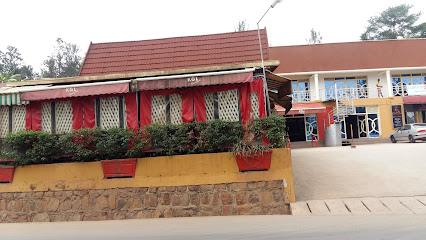
Markets, malls and hidden boutiques
Aiemstore
0.9 km
Discover unique Rwandan handicrafts and souvenirs at Aiemstore, a gift shop that embodies the culture and artistry of Rwanda.

Teta Gift Shop
0.9 km
Discover the essence of Rwanda at Teta Gift Shop, where local craftsmanship meets unforgettable souvenirs for every traveler.

Karibu Shop
0.9 km
Explore the vibrant world of Rwandan textiles at Karibu Shop, a fabric store in Kigali offering unique fabrics and cultural experiences.

iduka.rw
0.9 km
Explore Iduka in Kigali: A vibrant e-commerce store showcasing Rwandan culture through unique products and local craftsmanship.

CHICLtd
1.2 km
Explore CHICLtd in Kigali for an unforgettable shopping experience, blending local charm with modern retail convenience.

Pia Baby Boutique
1.2 km
Explore the chicest baby clothing store in Kigali, offering stylish outfits and personalized service for your little ones.

2KD Gift Shop
1.2 km
Explore the vibrant craftsmanship of Rwanda at 2KD Gift Shop, where unique interior design meets local artistry in the heart of Kigali.

Kitnecutt
1.3 km
Explore the vibrant culture of Rwanda through unique handcrafted gifts at Kitnecutt, a charming gift shop in Kigali.

MUVUNYI FASHION SHOP
1.4 km
Discover unique Rwandan fashion at Muvunyi Fashion Shop in Kigali, blending tradition with modern styles for every traveler.

Boutique Nyamwasa
1.5 km
Experience the vibrant culture of Rwanda through unique fashion at Boutique Nyamwasa, Kigali's premier clothing store.

Boutique Nzavugwakare
1.5 km
Explore the vibrant fashion scene at Boutique Nzavugwakare, where unique Rwandan clothing and accessories await every visitor.

MAIMA SHOP LTD
1.5 km
Explore MAIMA SHOP LTD in Kigali for unique fashion accessories that blend traditional Rwandan craftsmanship with contemporary styles.

Neza Tshirts Rwanda
1.5 km
Discover unique t-shirts and souvenirs that celebrate Rwandan culture at Neza Tshirts Rwanda, located in the heart of Kigali's Chic Building.

Erick boutique
1.5 km
Discover unique Rwandan fashion and artisanal goods at Erick Boutique, a chic shopping destination in the heart of Kigali.

Grace & Truth
1.5 km
Explore Kigali's Grace & Truth for unique clothing and religious goods that embody Rwandan culture and charm, perfect for shoppers and spiritual seekers.

Essential bars & hidden hideouts
Bonk bar and night club
0.4 km
Experience Kigali's nightlife at Bonk Bar and Night Club, where music, dance, and vibrant energy create unforgettable evenings.

The Link Bar & Restaurant
0.5 km
Discover Kigali's vibrant nightlife and culinary delights at The Link Bar & Restaurant, where local flavors meet social atmosphere.
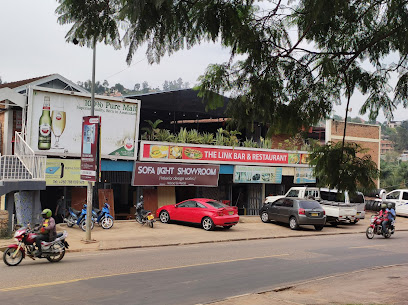
Homies' Place
0.9 km
Discover the lively atmosphere of Homies' Place, Kigali's premier bar for drinks, entertainment, and unforgettable nightlife experiences.

Umunara Bar
1.0 km
Discover the vibrant atmosphere of Umunara Bar in Kigali, where local culture meets refreshing drinks for an unforgettable experience.

Tropicana Lounge
1.1 km
Experience the vibrant nightlife at Tropicana Lounge, a lively bar in Kigali for refreshing drinks and local music.

Pillar Bar And Night Club
1.2 km
Discover the lively Pillar Bar And Night Club in Kigali, where great music and vibrant energy await to enhance your nightlife experience.

New Koromboka Bar
1.2 km
Discover the vibrant nightlife at New Koromboka Bar in Kigali, offering a blend of local culture, refreshing drinks, and a lively atmosphere.

Mama Sukari Bar And Refreshment
1.3 km
Discover the lively atmosphere of Mama Sukari Bar And Refreshment in Kigali, where locals and visitors gather for delightful drinks and good company.

BLACKEST RESTAURANT AND BAR
1.3 km
Discover the vibrant nightlife of Kigali at Blackest Restaurant and Bar, where unique cocktails and a lively ambiance await.
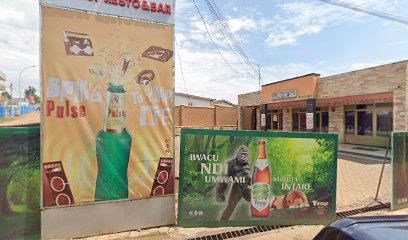
JULIETTE Bar Restaurant
1.4 km
Discover the lively ambiance of JULIETTE Bar Restaurant in Kigali, where local flavors and refreshing drinks await in a vibrant setting.

Claucy Bar & Resto
1.4 km
Discover Kigali's vibrant nightlife at Claucy Bar & Resto, where local flavors meet a welcoming atmosphere for a memorable experience.

FURAHA GARDEN Bar & Grills
1.5 km
Discover the vibrant atmosphere and delicious local cuisine at Furaha Garden Bar & Grills in the heart of Kigali.

NGANDA NA BISO BAR
1.5 km
Discover the lively ambiance of Nganda Na Biso Bar, a perfect spot for enjoying local drinks and connecting with fellow travelers in Kigali.

Bonheur irumva
1.5 km
Experience the vibrant nightlife of Kigali at Bonheur irumva, where local drinks and friendly faces await in a lively pub atmosphere.

Cadillac Night Club
1.6 km
Discover the electrifying nightlife of Kigali at Cadillac Night Club, where music, dance, and unforgettable experiences come together.




